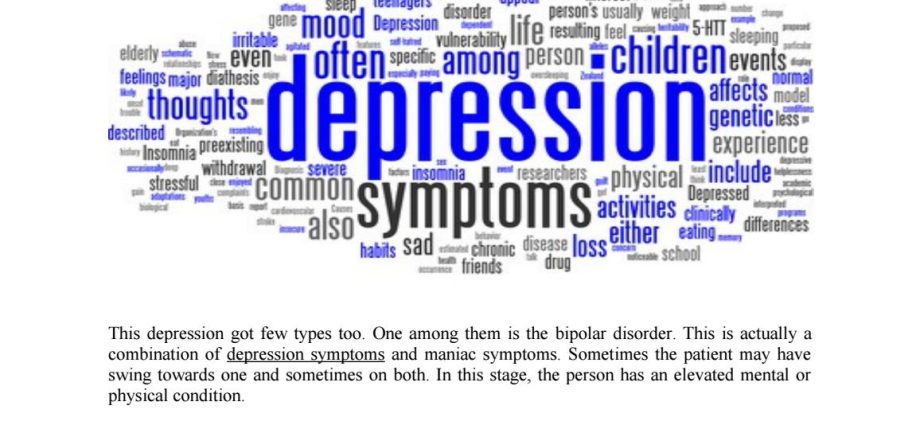A lot has been written and said about depression, but as long as this disease remains the scourge of the XNUMXst century, it is unlikely that a new conversation on this topic will be superfluous.
Depression today has become the most common diagnosis that we hastily put on each other. We read about it on media sites and social networks. We are emotionally told about it from the screens.
Indeed, in recent years, this disease has become increasingly relevant, especially for residents of megacities. The World Health Organization (WHO) has long predicted that by 2020 depression will become one of the leading causes of disability and will take the second place in the ranking of diseases after problems of the cardiovascular system.
Each of us has individual needs, and we satisfy them in our own way. These are simple and understandable needs for recognition, affection, healthy communication, and relaxation. However, it happens that we do not have the opportunity to realize even these simple desires. We have to suppress them, refusing the important and necessary.
Everything you need seems to be there: shelter, food and water — but in the choice of actions we are not free. As a result, longing and boredom become our constant companions.
Moving away from nature, faith, simple meanings of life, we join the race for its quality. This pursuit requires conforming to the chosen samples, keeping a face, achieving what was planned at any cost. Interestingly, this strategy affects not only career issues, but also the area of relationships. The machine is running, and the results only exacerbate the situation.
Sinjali ta 'depressjoni
How do you know if you’re getting depressed? A common sign is a negative attitude towards:
- innifsu,
- paċi,
- futur.
What does not help with depression at all is motivational slogans, stories that someone is even worse, and devaluing our experiences.
When we have no strength, those around us do not support us and we are left alone with ourselves, our state depends on the ability to support ourselves. From the ability to take care of oneself, to realize one’s value, not being led by the imposed need to comply and not being guided by an assessment from the outside.
At the initial stage of depression, we can help:
- the ability to support oneself
- the desire to form new internal supports, to find new meanings,
- readiness to objectively assess one’s condition and take it as a starting point.
What to do if you find yourself showing signs of depression
If you have noted the signs described above in yourself, and there is no opportunity to contact a specialist, try to at least change your usual mode of life:
- include mandatory walks in nature in the schedule,
- force yourself to go to the gym,
- use meditation practices.
Meditation is recognized as an effective tool for dealing with depression and anxiety. Techniques for working with negative thoughts can become especially resourceful. Thanks to them, we detect and eliminate thinking errors: «viral» thought forms. We form new attitudes based on an adequate adult assessment of reality. They free us from the captivity of the conclusions “everything is bad”, “no one loves me”, “nothing will work”, “I have no chance”, and so on.
As a result of step-by-step eco-friendly work with ourselves, we form the habit of a basic positive attitude in evaluating what is happening, we learn self-support and care for ourselves, we acquire the skill to create and consolidate the attitudes of a positive attitude towards the world and our own life.










